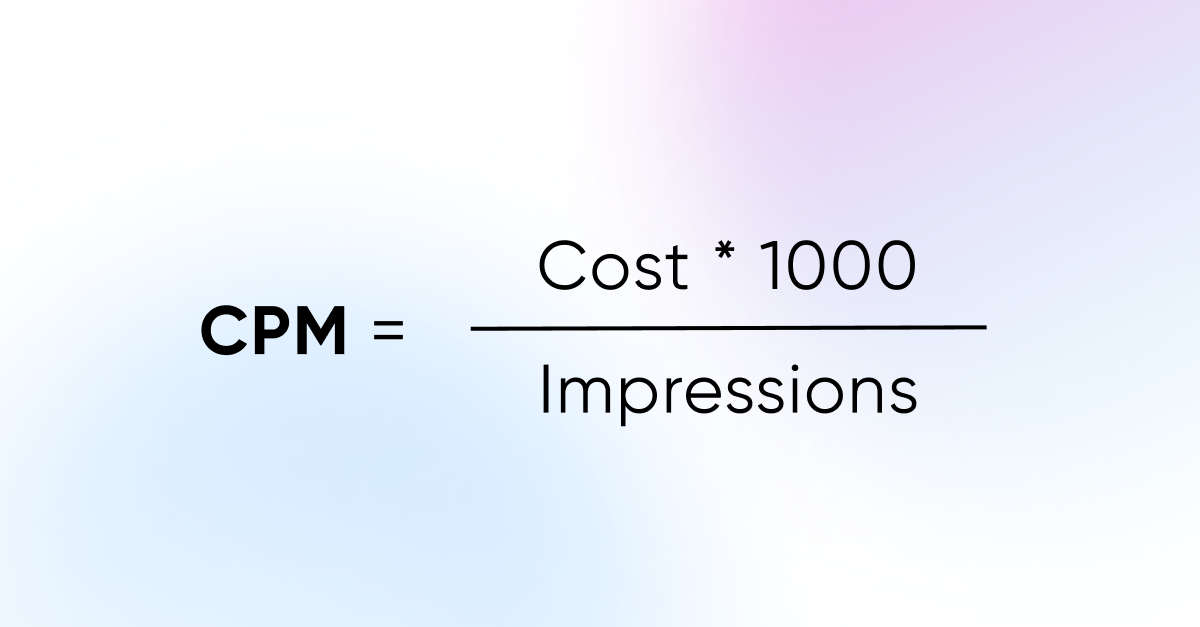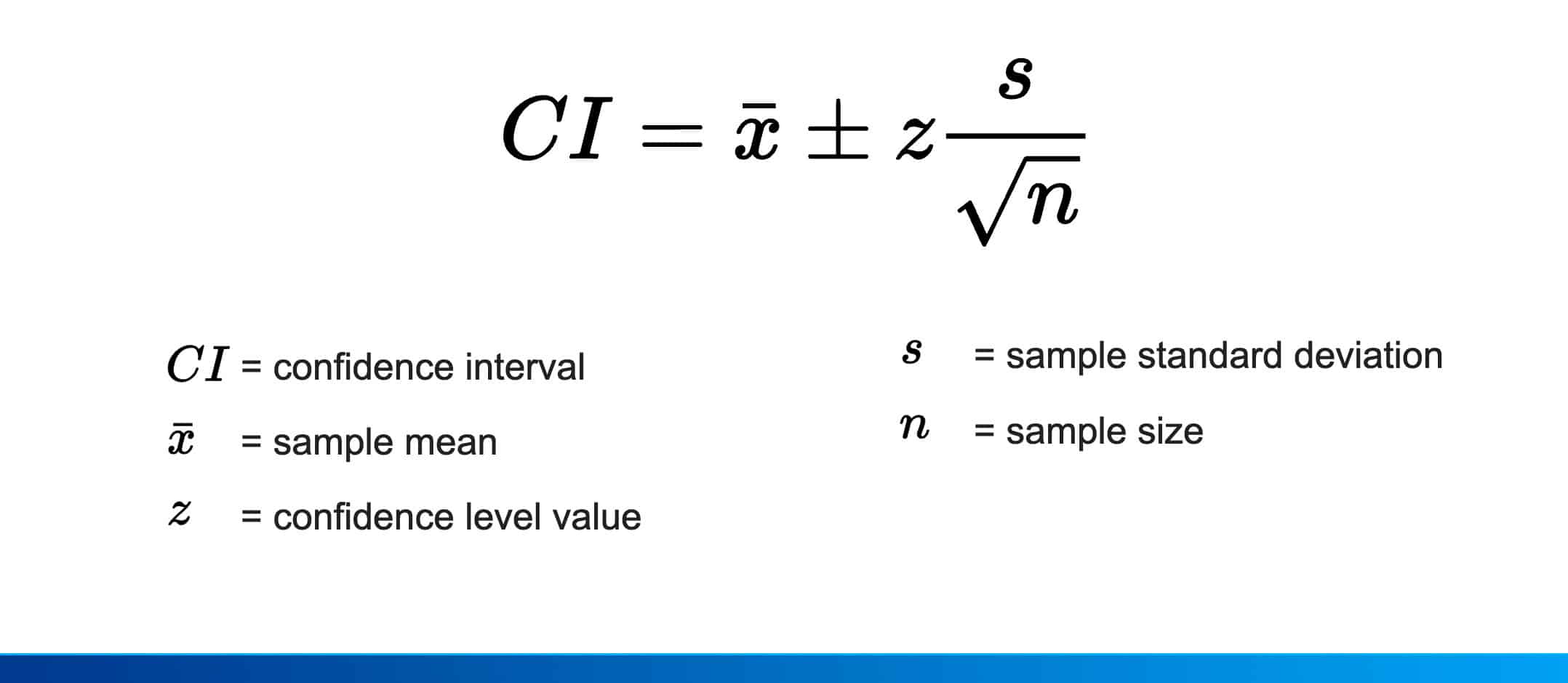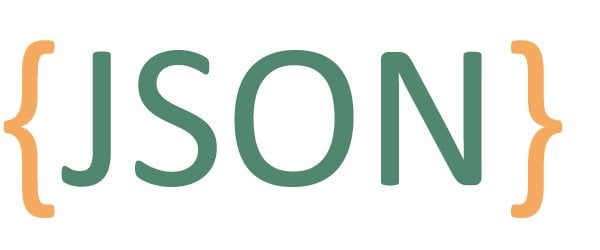Blockchain Beyond Cryptocurrency: Real-World Applications
What Is Blockchain Technology?
Blockchain technology has gained immense popularity over the past decade due to its association with cryptocurrencies like Bitcoin and Ethereum. However, its potential extends far beyond digital currencies. Blockchain is a decentralized and distributed digital ledger used to record transactions and store data securely.

Here’s how it works:
- Decentralization: Blockchain operates on a network of nodes that work together to validate and confirm transactions.
- Immutable Records: Each transaction is cryptographically secured and linked to the previous one, creating a chain of blocks (hence the name “blockchain”).
- Transparency and Security: Blockchain ensures transparency, immutability, and tamper-proof records.
Real-World Applications of Blockchain Technology
1. Supply Chain Management
- Enhancing Transparency: Blockchain enables transparent tracking of products from origin to consumption.
- Reducing Fraud: By recording every step in the supply chain, blockchain reduces fraud and ensures authenticity.
- Quality Control: Real-time data helps improve quality control and accountability.
2. Voting Systems
- Security and Accuracy: Blockchain can create a secure and transparent record of votes, preventing fraud.
- Remote Voting: Citizens can vote securely from anywhere, increasing accessibility.
3. Healthcare
- Interoperable Health Records: Blockchain ensures secure sharing of patient data across healthcare providers.
- Drug Traceability: Authenticating pharmaceuticals and preventing counterfeit drugs.
4. Intellectual Property Rights
- Digital Ownership: Blockchain verifies ownership and protects intellectual property rights.
- Smart Contracts: Self-executing contracts automate processes and reduce intermediaries.
5. Financial Services
- Cross-Border Payments: Blockchain simplifies cross-border transactions, reducing costs and settlement times.
- Decentralized Finance (DeFi): Smart contracts enable peer-to-peer lending, borrowing, and trading.
6. Real Estate
- Title Deeds and Ownership: Blockchain ensures transparent property ownership records.
- Efficient Transactions: Faster and more secure real estate transactions.
7. Energy Trading
- Peer-to-Peer Energy Exchange: Blockchain facilitates direct energy trading between consumers.
- Renewable Energy Certificates: Verifying clean energy sources.
Challenges and Considerations
- Infrastructure: Deploying blockchain requires significant infrastructure upgrades.
- Scalability: Ensuring scalability for widespread adoption.
- Regulatory Frameworks: Navigating legal and regulatory challenges.
Conclusion
Blockchain technology is revolutionizing industries beyond cryptocurrency. From supply chains to healthcare, its impact is profound. As we explore new use cases, blockchain’s potential continues to expand, promising a more transparent, efficient, and secure future. 🌐🔗






